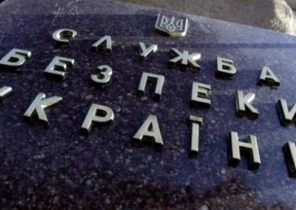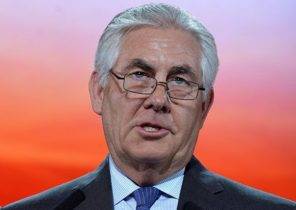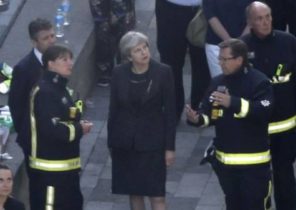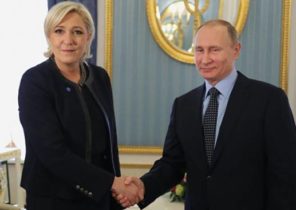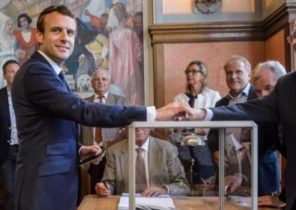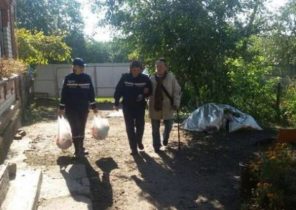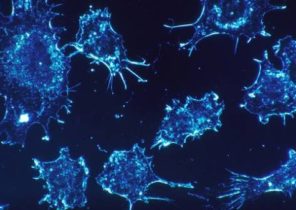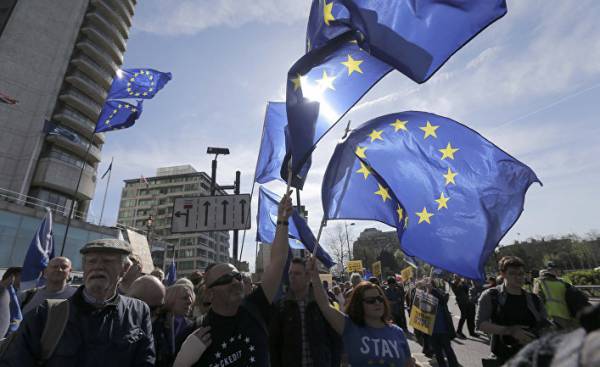
Let’s not hide it: in the current 60th anniversary of the signing of the Rome agreements, which is celebrated in the Italian capital in the presence of heads of member States of the EU, many Europeans feel lost and confused. Where is Europe heading? Whether it will survive in face of the temptation of disintegration? The impression is that Europe has ceased to protect its citizens. On the contrary, many of the protagonists of Europe are trying to go in the opposite direction from that which it showed the founding fathers who kept the memories of the horrors of war, walls of hatred, about the camps and the devastation. Today this generation is no more. The few who looks back on the story, drawn into a real emotional and disturbing policy. Even Christians, in addition to Pope Francis, it seems, has ceased to talk about Europe. Even talk about the war until recently perceived on the continent as a taboo not only actual, but also cultural — is now again considered “normal”. Despite the fact that people in close proximity who saw the consequences of the conflicts of those years in Libya, in Syria and in Iraq, you know, that is insane.
We will become a continent of the future, if we can be the territory of memory. Therefore, it is necessary to remember “great peace”, solidly built after centuries of wars and persisted for 70 years. This world was the result of the existence of a United Europe, it gave everyone the opportunity for prosperity and development. This reality is evident, it is more significant than emotions and fears that dominate our present. This Europe is our peace and our prosperity.
So where does the crisis? It arose along with the selfishness of each state separately, selfishness of groups, the benefits is reduced as a result of the pursuit of personal goals. He stalled the development of our continent, not allowing him to perform a leap, which Europe lacks in order to play a key role on the world stage and its foreign policy and a common defense. This jump, which would contribute to a peaceful policy and in the Mediterranean, and the Balkans, and Africa. “Europe, soft power,” — said Tommaso Padoa Schioppa (Tommaso Padoa Schioppa). Because of this egoism today there is a risk of a split, this selfishness can eat inside Europe. In the atmosphere of selfishness arise, the hosts of national destinies, and people begin to see others as a threat. Thus, the value once again begin to take on the border as immigrants and between young and old, the rich and the vulnerable, between Northern Europe and southern. These boundaries are easily escalate into the wall. It is believed that they alienate us from the world’s tragedy, but the brutal war in Syria that has lasted for six years, more than the First world war affected Europe, at least because of the thousands of refugees who are knocking at our doors.
In the post-globalization world, no turning back. Self-sufficient national state is an anachronism. Closed or split Europe will crush the yoke of markets and economic and political giants operating on a global level. In the scenarios of globalization have fewer exits from the EU and greater Europe, if we want to give a chance to young, if you want to keep our humanitarian, religious, and legal identity. Europe should not be a land that protects its retirees, as may be for several more years.
But there is another element of concern. The idea of Europe was not originally, of course, connected with any denomination, but in some way was very “Christian”: with the secular aspiration has evolved and the Church. But why today, when East and West are in opposite directions, when on the verge is the very large European project, no longer voices of Christians? And the voices of the churches? Why, when borders become walls to the refugees, these voices silent? Where do they hide when the world is on the brink of war, and in the Christian world hear only silence or, at best, heard only a few timid voices?
The powerful voice of Pope Francis — enough to remember his speech at the award ceremony of Charlemagne, and that he repeated on Friday, March 24, at a meeting with leaders of the continent — remains the only split in the Christian world of Europe, almost unable to abandon the group or Church-centeredness, from speeches that begin with “Yes, but…”. It is necessary again to start to think and act globally, because the time narrow standards and hopeless words has passed. Here Christians can play an important role. Karol Wojtyla wrote in those years when our continent was divided by this wall between East and West: “the World is suffering mainly due to the lack of vision.” And he was right, no matter what. Ought to remember this and to start working —each with its own culture — for the benefit of the overall project. We need to develop a vision for the future of Europe.
